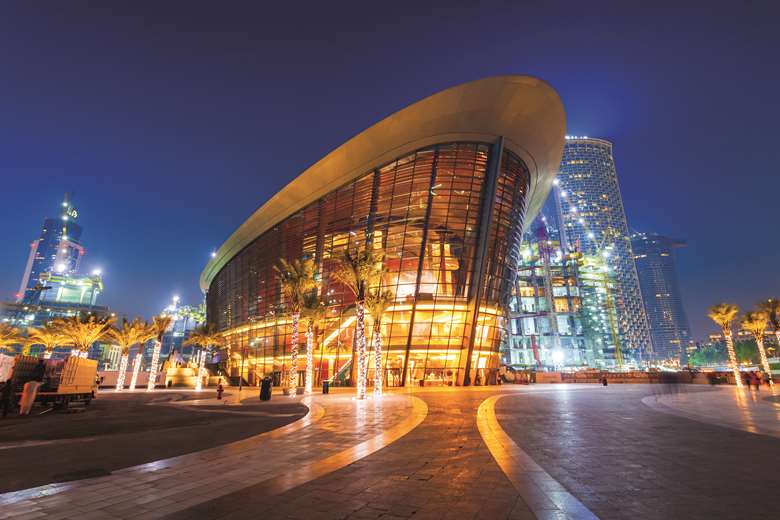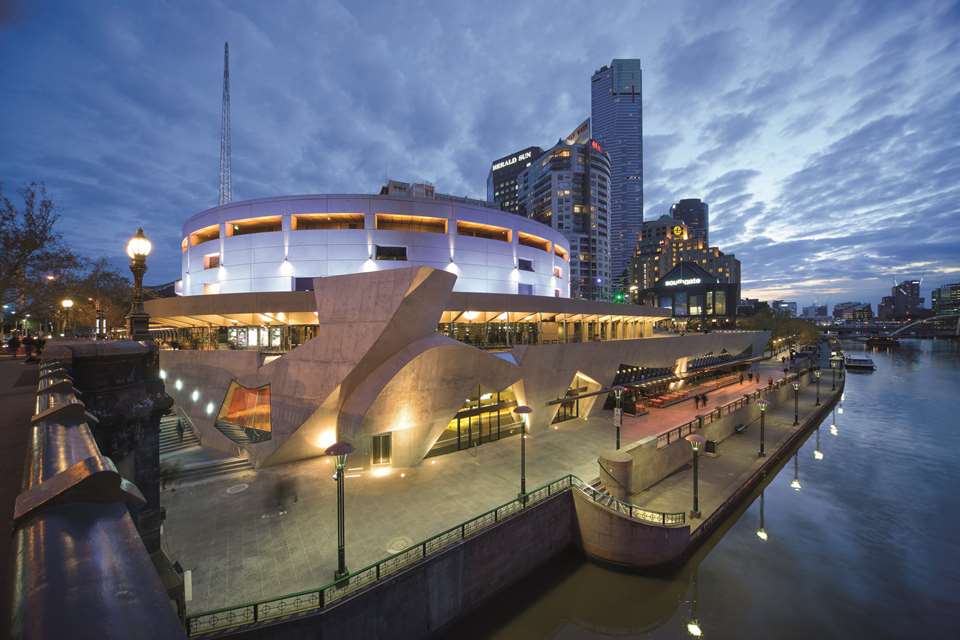Touring the United Arab Emirates: Have passport, will travel
Adrian Horsewood
Wednesday, May 31, 2023
Boasting shiny new venues and a burgeoning audience for classical music, the UAE is a desert oasis with substantial touring potential, writes Adrian Horsewood


Register now to continue reading
Don’t miss out on our dedicated coverage of the classical music world. Register today to enjoy the following benefits:
- Unlimited access to news pages
- Free weekly email newsletter
- Free access to two subscriber-only articles per month



